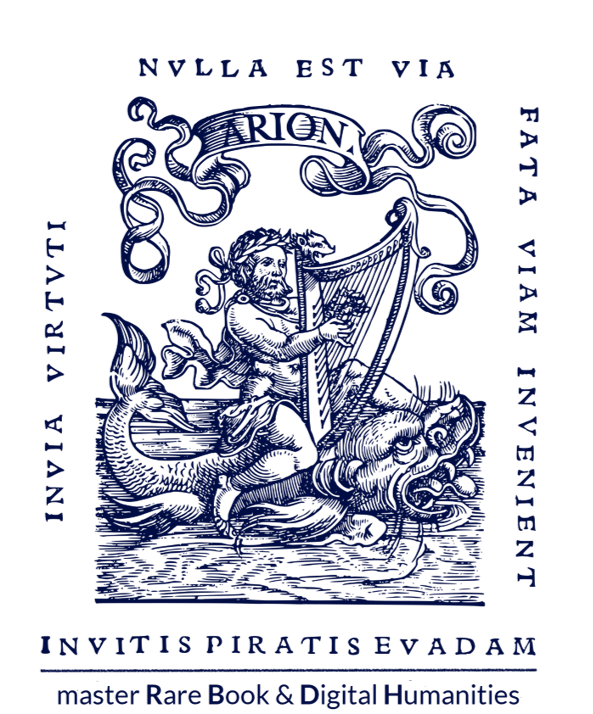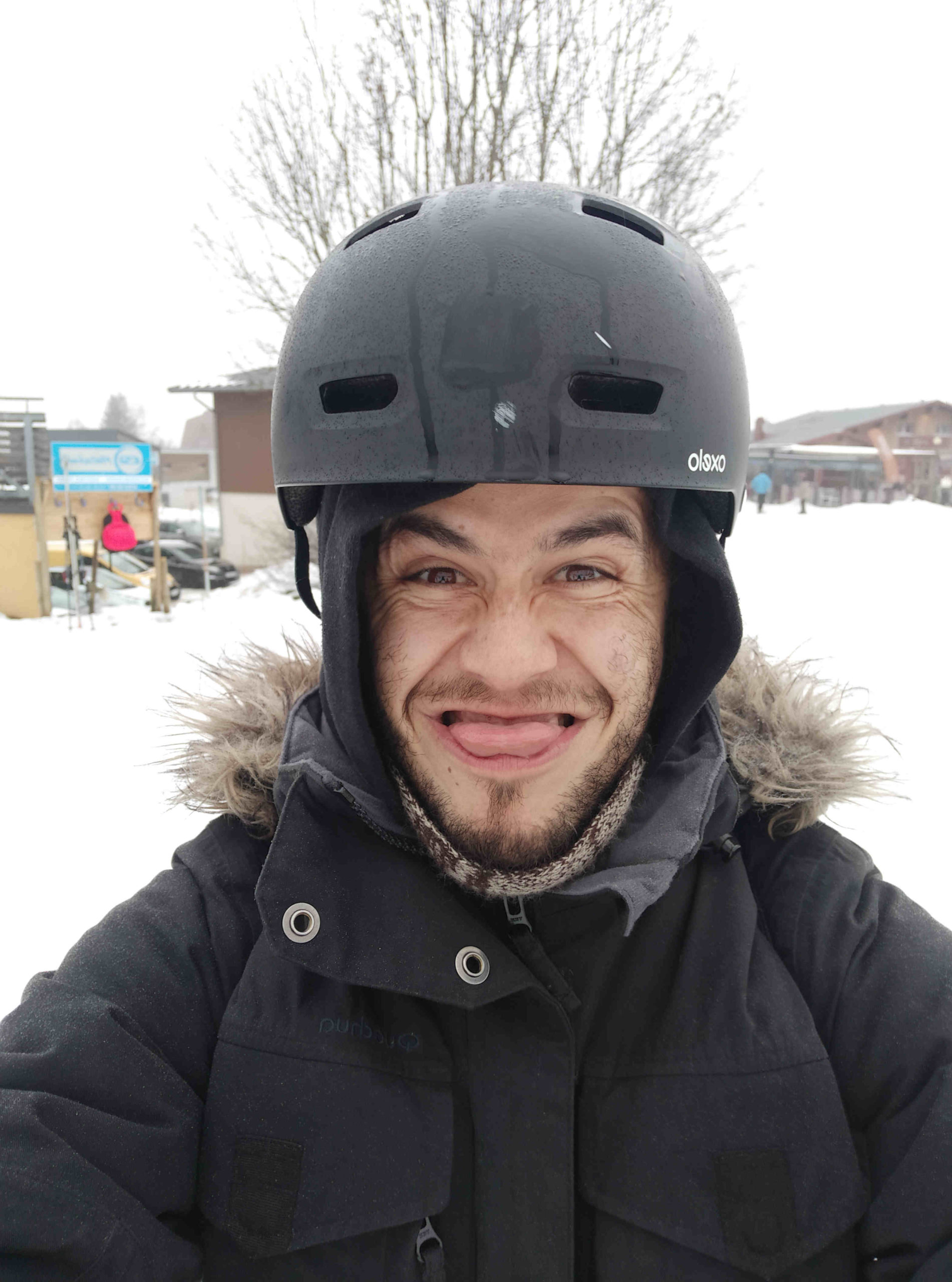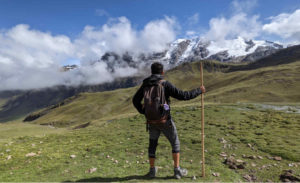
My name is David Macchi, I’m from Bogota, Colombia, I’m 35 years old, and I have a bachelor’s degree in Spanish and Classical Philology; but for the past 10 years I worked as a French as foreign language teacher in different language institutions like the Alliance Française de Karachi. I enjoy good literature, interesting and stupid movies, learning about technology, riding my bike and swimming.
I choose to come to Besançon because one year after obtaining my bachelor’s degree in 2019, I began the search for a master’s program that encompassed my desire to go abroad, my interest in new technologies applied to human sciences, and the classical cultures. I postulated to many programs including the one that a teacher of mine, Juan Felipe González, from my alma mater, the Universidad Nacional de Colombia, suggested me to try: it was the Rare Book and Digital Humanities master, in Besançon. It wasn’t the first time that I heard about this French city because one of my friends did a master program in Discourse Analysis in 2021 over here, so I knew it was a good place to go. Fortunately, I was accepted, so I was able to come to France and learn about its culture as well as others, thanks to a very international group in which I’ve encountered people of almost all around the world.

Currently I’m working on a research project about the evolution of reading devices and their influence in the materiality of the printed book. It seems that the popularization of books had an effect over the demand of spectacles, I would like to find out if the proliferation of reading glasses affected in some degree the physical characteristics of books in terms of typography, text distribution, miniaturization, binding, etc. To do this, I think it will be necessary to compare the books produced before the popularization of reading glasses against those produced after and try to isolate the characteristics that could have been affected by using spectacles.
I think that what differentiates me is my background’s diversity: I come from an Spanish speaking country that was object of a colonial power in the past, this cultural shock allowed me to approach the Latin and Greek heritage through the philological studies carried out during my university years; additionally, I have a long experience working with the French language as a teacher; and before that, during my studies in the engineering faculty, I also worked in some projects related to georeferentiation and data bases for almost three years. In short, I believe that the variety of perspectives and techniques that I’ve learned over the years is very useful in the digital humanities domain therefore I feel that I can adapt to this constantly changing discipline and be able to develop in it.


